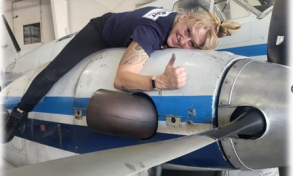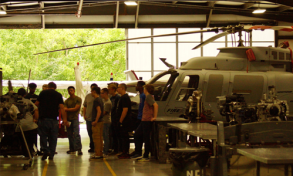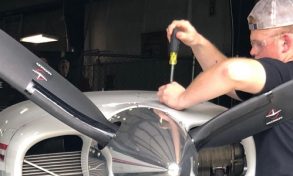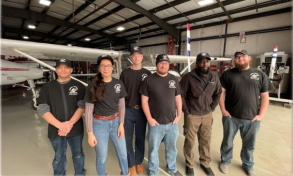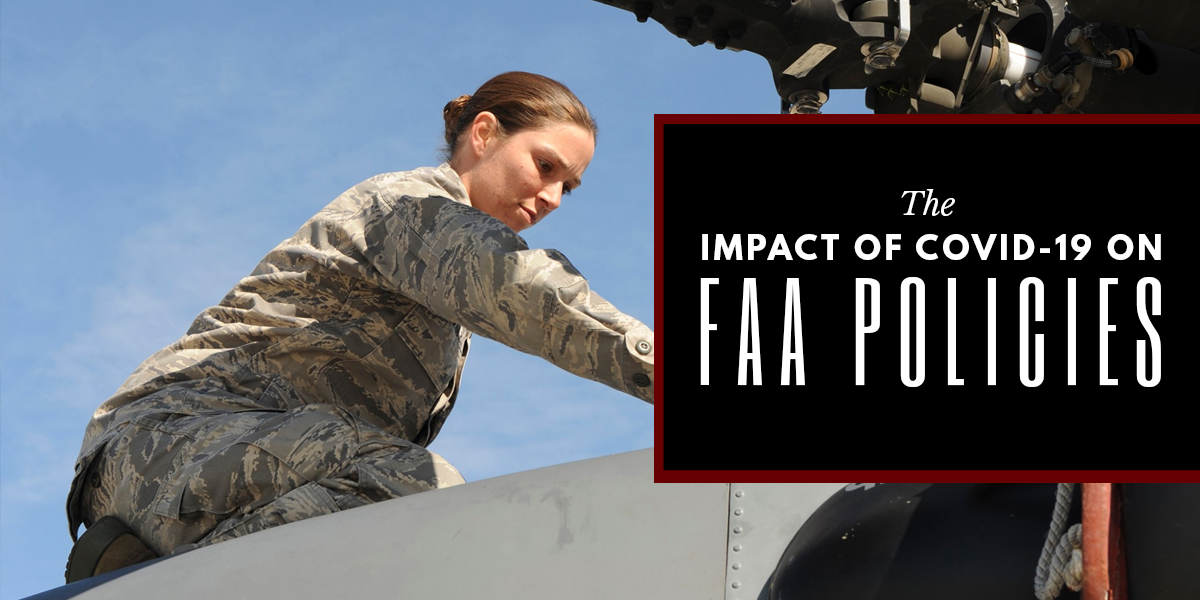COVID-19 has changed virtually every aspect of our lives, and air travel has been affected more than most industries. In the United States, all air transportation is overseen by the Federal Aviation Administration (FAA). Read on to discover how the FAA has adapted to the realities of this global pandemic.
SFAR 118
The impact of COVID-19 on FAA policies has been significant, and most industry experts have been praising the administration for its unusually fast and comprehensive response. The broadest and most important response has come in the form of Special Federal Aviation Regulation (SFAR) 118. This is a hugely complex network of temporary rules and special exemptions intended to keep the aviation industry from being crippled by the pandemic and by local government’s responses to it. Because it’s hard to complete training or log hands-on experience when you can’t travel freely, SFAR 118 allows for some “wiggle room” not normally present in the stringent and highly-regulated world of air travel.
Duration, Structure and Purpose of SFAR 118
These special regulations were originally set to expire on March 31, 2021, but some portions have been extended to April 30th. According to an analysis by the National Business Aviation Association (NBAA), SFAR 118 is effectively divided into two parts, each of which helps the aviation industry in different ways. The first part “provides relief from certain training, recency testing, and checking requirements.” This is important because pilots, crew members and mechanics may not be physically able to complete the normal training and checking requirements. Under normal circumstances, failing these checks can cause the loss of a license or the invalidation of a certificate, which can be hugely expensive and detrimental to a person’s career. The second part of SFAR 118 provides “relief to things with duration requirements, like the knowledge test or a medical certificate, which is applicable to all airmen, including flight engineers, aircraft dispatchers, pilots at all certificate and rating levels, and to mechanics.”
While SFAR 118 was rolled out specifically to help business aviation, the FAA’s Rob Burke, group manager for training and simulation, says that the FAA is ready to move forward with more relief measures for the entire industry as needed. He describes SFAR 118 as “a plan that we can deviate from just like any flight plan.” Barbara Adams, program analyst in the office of the executive director of the FAA, says that the measure is intended “to keep critical operations moving during this time, so if you can justify that [the] operation that you’re conducting is important to air transportation – and that can be looked at pretty broadly – then you can go ahead and exercise that relief.”
Help for Aviation Maintenance Schools
In addition to the broad sweep of SFAR 118, the FAA has also produced numerous memos designed to help specific segments of the aviation industry, as well as other industries attached to it – like technical schools. In a memo issued on March 12, 2020, the FAA recommends the use of distance learning programs for aviation maintenance schools during the pandemic. In addition, they suggest that schools temporarily amend their absence policies. Lastly, the memo allows for schools to make alternate proposals that temporarily deviate from normal regulations, recognizing that “no one solution will fit every situation or school’s capabilities.”
Airport Slot Use Requirements
Another impact of COVID-19 on FAA policies is a temporary change in slot use requirements at a handful of major U.S. airports. The FAA normally requires that air carriers which have a certain number of reserved slots at airports must use those slots 80% of the time, or risk losing them to competitors. When the COVID-19 pandemic first broke, major airlines were actually flying nearly-empty planes between airports just to maintain these vital slots. Needless to say, this was a ridiculous expense for airlines already financially crippled by reduced business. However, these major airport slots are so vitally important to the future of each company that they felt they were doing the only thing they could under the circumstances. On March 11, the FAA stepped in and announced that they were temporarily suspending the slot rules for seven major U.S. airports:
- John F Kennedy International Airport
- LaGuardia Airport
- Ronald Reagan Washington National Airport
- O’Hare International Airport
- Newark Liberty International Airport
- Los Angeles International Airport
- San Francisco International Airport
According to an article by FlightGlobal, the FAA has since extended the suspension twice, but smaller air carriers are beginning to lobby against further extensions, arguing that they should have a shot at some of those precious slots. According to a Reuters article, Spirit Airlines complained to the FAA, saying that “Public policy should be directed toward enabling the free market to reallocate the use of these slots/authorizations – a public resource – such that passengers receive greater choice among offerings in these key markets.” The FAA defended its response, saying that the proposal “reflects a delicate balancing of the competing interests of carriers interested in conducting ad hoc operations… against the interests of incumbent carriers seeking maximum flexibility in making scheduling and operational decisions in an uncertain environment with ongoing COVID-19-related impacts.” Clearly, these are delicate policy decisions affecting the future shape of the air travel industry.
Prepped for Recovery
The COVID-19 pandemic is far from over. Likewise, the impact of COVID-19 on FAA policies will probably continue to be felt in a stream of memos, SFA amendments, and broad-reaching decisions affecting many lives. Nevertheless, most industry observers agree that the FAA has shown great flexibility and timeliness in responding to this unprecedented situation. Because of these quick, decisive actions, the U.S. aviation industry is poised to begin the long road to recovery. Demand for air travel is already beginning to tick back up, and with it comes an increasing demand for related services – like aircraft maintenance. This is a great time to enter the industry, especially as some of the testing and training requirements are temporarily relaxed and deadlines are easier to achieve. If you’d like more information on how North Central Institute can get you started on the road to a rewarding career in aviation maintenance, contact us today. Nobody knows what tomorrow will bring, but we do know that it’s a time of change in our industry, and that means it’s a time of opportunity. Take advantage of it today!


